Table of Contents
“The issue with kids today is there isn’t enough discipline. They need consequences! My parents had a firm hand and I knew the real meaning of respect,” one father who was fed up with his 13-year-old said. Then a mother chimed in, “Children need discipline. They need to learn to be law-abiding citizens who obey.” These are some of many statements from parents in a group trying to find ways to help turn their child’s bad behaviour around. The truth is that their parenting styles made sense (and so do many others I will address throughout this article). We see an absence of family values and a rise in societal issues and figure the answer to chaos is more order (or law and order for that matter). On top of it all, the way we were raised largely acts as the foundation for what parenting styles we incorporate. So, if we were raised with threats of being spanked, lectured, and grounded when we misbehaved, these experiences act as a template for our own parenting. Though this rationale seems logical, there is powerful evidence to suggest more rules and greater punishments work the opposite way we intend them to.
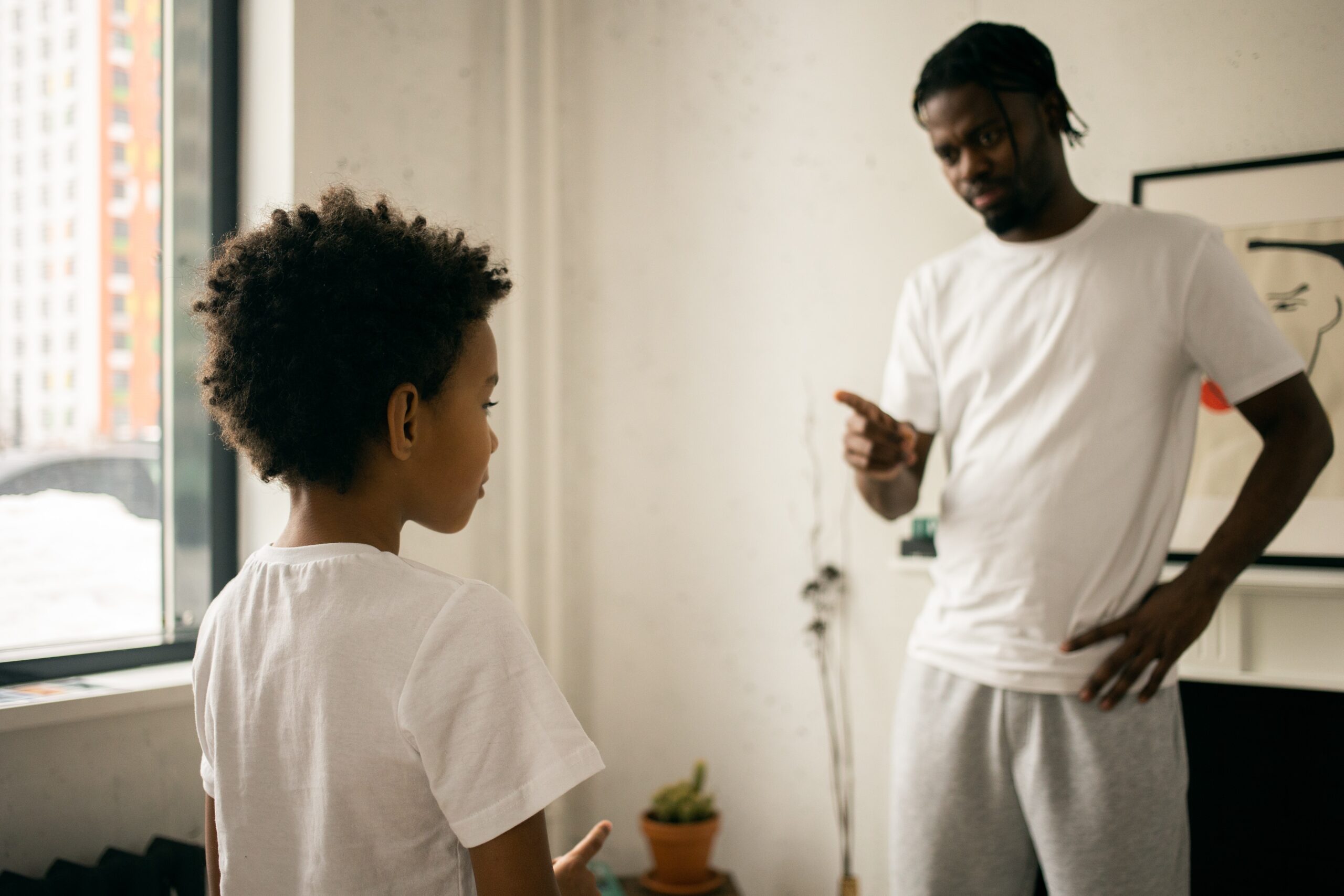
All behaviour is communication.
Part of providing effective discipline is understanding that all behaviour is communication. In fact, research on attachment shows that challenging behaviour gets the loudest when attachment needs aren’t met. Instead of getting to the root of the bad behaviour, punishments like yelling, threatening, or spanking are akin to mowing dandelions and expecting them not to grow back. Sure the lawn looks neater and tidier in the short term. But the root system will only get stronger. And, in time, there will be more dandelions than before. When I step back from a situation where I have been short with my husband or kids, it makes sense. If I see there is no clean Tupperware when making lunches for school and slam the cupboard door, it has little to do with the missing containers. The root of my own behaviour is that I’m overtired, agreed to do too much for work and school, worried that I don’t have enough time, and I can’t find Tupperware lids. If someone swooped in and coached me about better Tupperware storage, it would only cause me to choke back my feelings and accept advice that has little value. The research on difficult child behaviour suggests the same. When kids are having a hard time and backtalk, act out, or aren’t cooperative, it is best to get at the source – and often behaviour is communication about an unmet attachment need. Read: It’s science: Attachment is the key to raising more emotionally stable children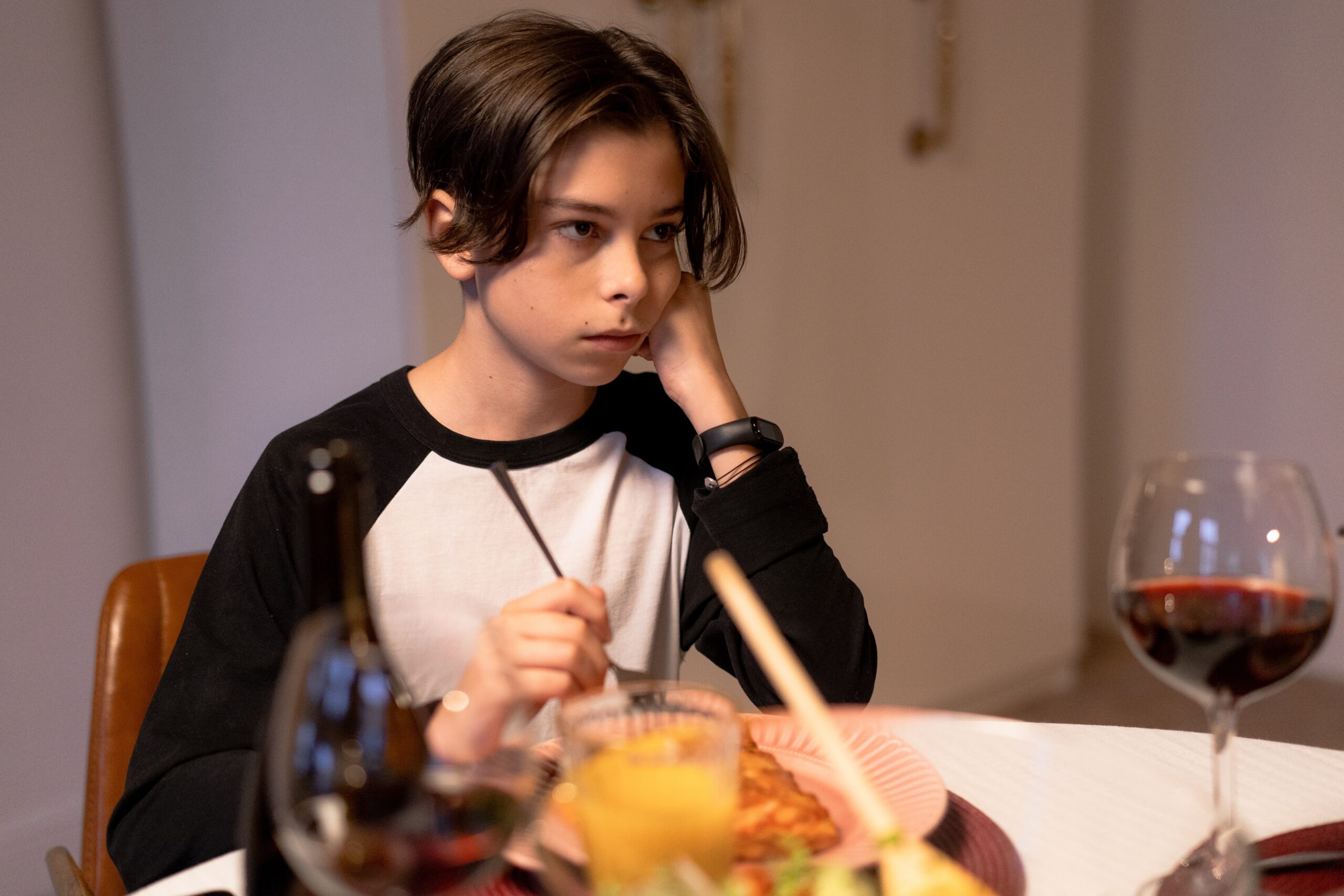
Challenging behaviour is the communication of an attachment need. But what does this mean?
Attachment is a biologically-based need that humans use to co-regulate. Through attachment to others, our joyful experiences become more joyful, our sadness feels a little less profound, and our stress starts to dissipate. During infancy, the groundwork for attachment is laid. Through extensive cross-cultural and longitudinal research (think: decades following the same group of people), we now know that how parents relate to their children determines both how emotionally regulated and how independent they will be.How do we address this attachment need?
When a child is dysregulated and having a hard time (e.g., when they are fearful, crying, having a tantrum or backtalk), parents can regulate the child’s emotions by being calm and compassionate and providing unconditional love. The co-regulation or calm interactions (e.g., “It’s okay. I’m here”) act as deposits into the child’s emotional bank of safety and security. It also helps them to problem solve and find solutions to whatever was troubling them, allowing them to return to good behavior and positive interactions. As they age, these deposits of positive feedback become mental representations as they go out in the world (e.g., “I know if things get uncomfortable at this party, I can call my parents and they won’t be mad. They’ll take me home.”). There is a constant interplay between feeling safe and secure and being able to venture out in age-appropriate ways. This means that, regardless of age, when a child acts out, he needs his parents to make him feel safe and help him co-regulate by using positive language and offering calm amidst their storm. So, the changes in society many are witnessing aren’t due to a lack of law and order, but a lack of closeness, a sense of community and loving care. We need to adapt our parenting styles to incorporate more opportunities for bonding with our children and developing relationships built on love and trust. This will bring about positive and appropriate behavior and will strengthen the parent-child relationship.
“But children need discipline and know there are consequences in life!”
Children absolutely need discipline and consequences and sometimes those consequences need to be implemented by the parent. Related read: Logical vs. Natural Consequences for Kids’ Moral Development Before anything though, it is important to highlight what discipline means. Merriam-Webster’s dictionary has two definitions, the first means to code behaviour by use of punishment. The second is to correct or train the mental or moral faculties of yourself or another. The former relies on outside forces to control behaviour and is associated with lower moral development and reasoning. The latter is associated with better outcomes, but it is a dish best served cold. This is because yelling, threatening, lecturing, or any other form of corporal punishment feeds the fight-flight-or-freeze response lessening the chances our words will sink in. It is not a positive way of problem-solving or addressing troublesome behavior, and it certainly doesn’t elicit good behavior. Even if I am calm, if my child is dysregulated, chances are she’s absorbing very little of what I’m telling her. So, even though consequences may be necessary, it is better to diffuse the situation and then move forward.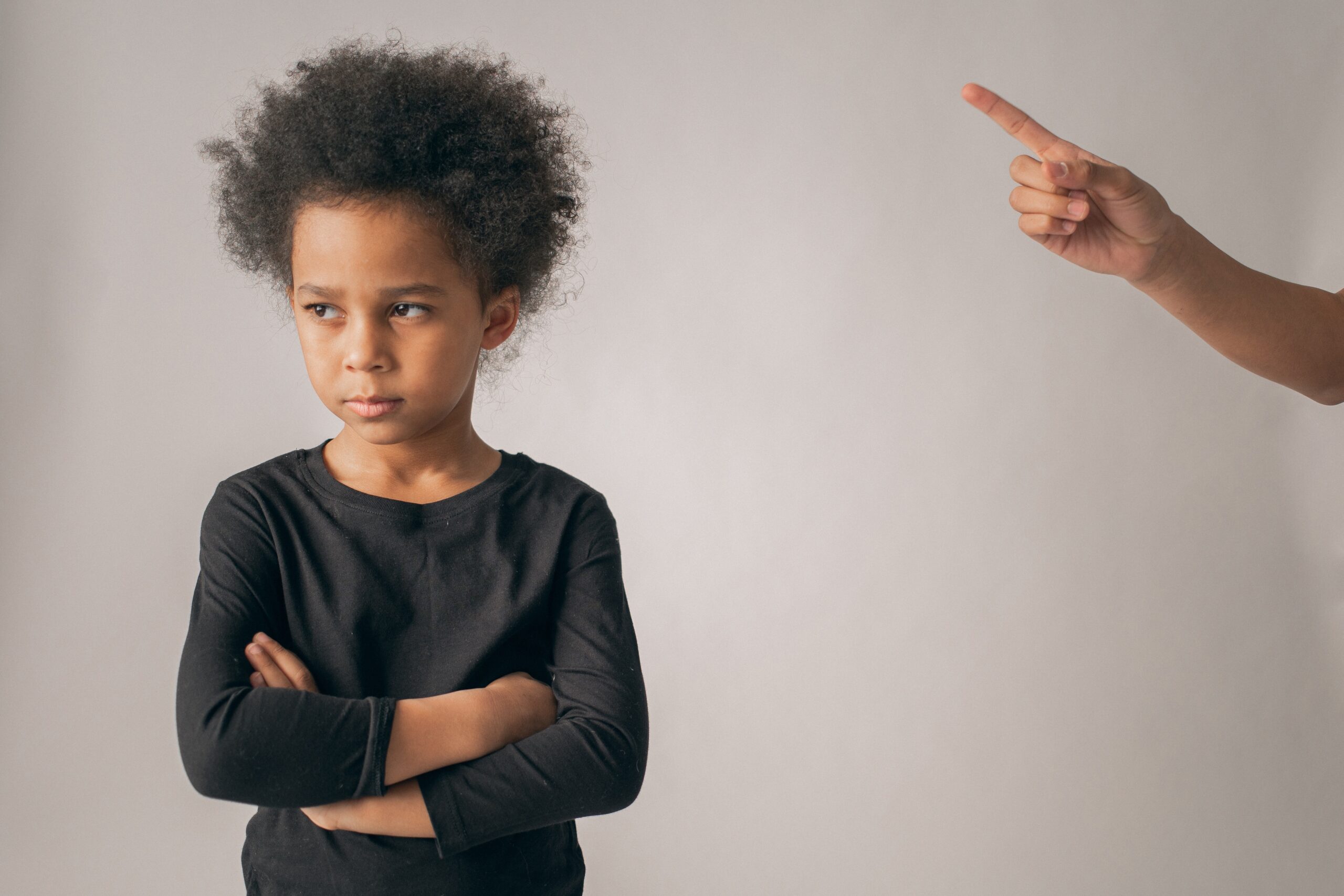
Gentle parenting discipline starts with taking a step back.
It is challenging to jump into co-regulating a child’s big feelings when it feels like they are pushing our buttons or doing everything possible to not listen. However, taking a deep breath in that split second before reacting can pay dividends. It is, of course, easier said than done and takes tremendous self-control at times. But the good news is that children are built to withstand imperfect parents because every single parent since the dawn of time has been less than perfect. The goal is to strive to react less and step back more. Parenting is about problem-solving together through connection and understanding, even if it is done imperfectly. This doesn’t mean resorting to permissive parenting. Rather, it is trying to incorporate positive discipline and age-appropriate conversations about the natural consequences of negative behavior.Then, make note of what you see and ask: What is my child’s behaviour telling me?
I will be the first to admit that answering this isn’t always easy. Here is a recent example involving a power struggle between me and my five-year-old son. My son had played with a freezer-sized ziplock bag full of sight words and they were everywhere. For what seemed like half the day, I told him to clean them up and put them away. No response. Then, I realized I was half tidying and half parenting, and maybe he needed more direct instruction. Still, no action but now he was whining. I was viewing this as defiant, but when I took a step back and thought he was likely as overwhelmed as I was seeing this pile of cards. I crouched down, offered to work together, and opened the ziplock bag. With that, he was cleaning and agreeable. We can also look at this through an attachment lens.
The subquestion might be how does this relate to attachment?
My son felt overwhelmed by having to clean up the flashcards, and he needed support from me, so this resulted in a temper tantrum. Honestly, so much of behaviour is about feeling safe, loved, and supported. This is how kids learn how to navigate difficult situations. Attachment needs, according to clinical psychologist, Tina Payne Bryson involve feeling safe, secure and seen. These are paramount to healthy child development.Safety
When a parent co-regulates the child and offers their calmness, it makes the child feel safe. So, after catching myself saying, “I’ve already told you to clean these up five times now!”, I told him that we both needed to take some deep breaths. It takes self-control to calm your own storm, but our children need us to do this in order for them to do the same.Security
Security, especially as children age, involves children feeling secure with their parents despite disagreeing. For example, if I said, “You always do this! You never clean up when I say,” chances are my son would feel threatened and overwhelmed. Instead, something like, “It sure is frustrating having to clean up, isn’t it?” depersonalizes the standoff and also acknowledges his perspective. In our effort to maintain good behavior from our children, we must not ignore the underlying feelings and emotions our children are dealing with.Being Seen
Kids need to feel validated and valued. The truth is that every close relationship experiences conflict. When faced with that conflict, one of the fastest ways to diffuse the situation is to see the other’s perspective. It’s important to note this does not mean giving in, nor is it a form of permissive parenting. My son still had to clean up the flashcards. I simply stopped using a stern tone and stopped to work with him (which ended up being much faster in the end).
Evidence shows that compassion, validation, and empathy help shift children from a reactive to a receptive state of mind.
Clinical professor of psychiatry, Daniel Siegel suggests that what moves anyone from a reactive state are feelings of:- love,
- kindness,
- compassion,
- empathy, and
- connectedness.








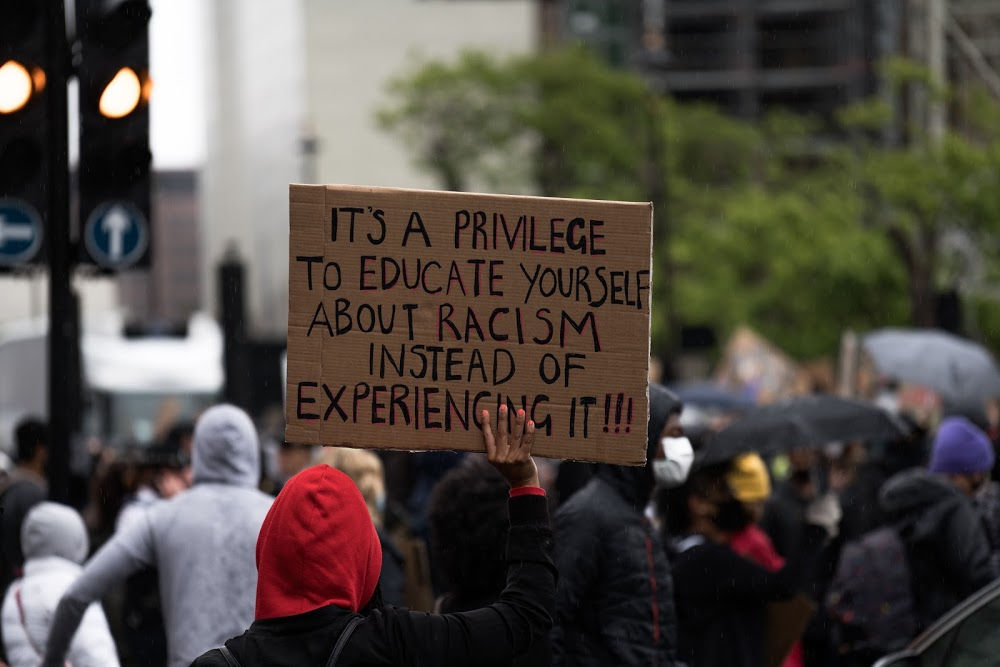

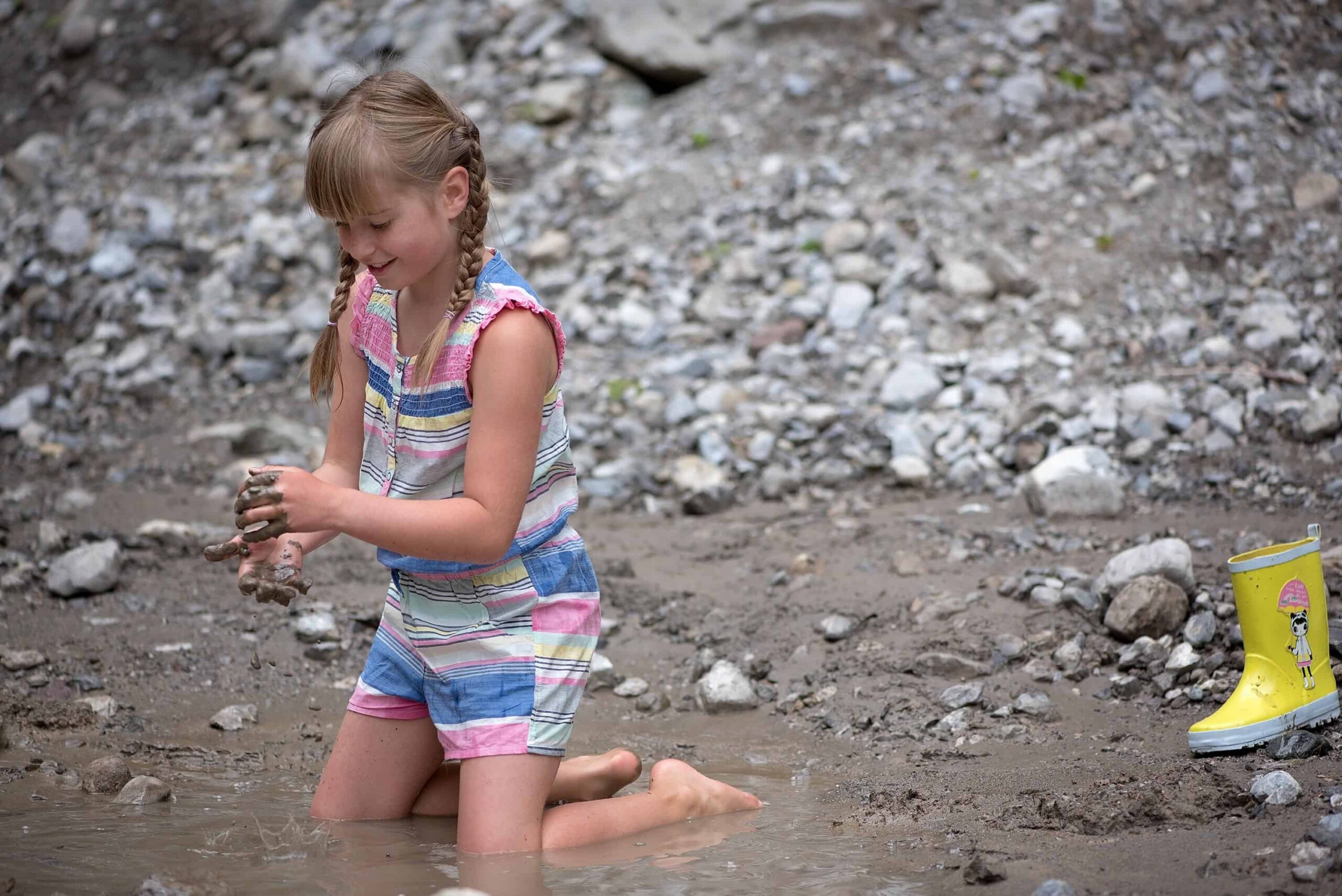

How to discipline a soft spoken, sensitive, nearly 4 yr old little girl when she screams at and hits her 18 month old brother without preaching, timeouts, shaming?
Very beneficial
It says, “I highly recommend reading the following books:” But then nothing is listed. I would love to know what I could read next to help me on this journey!
Totally Agree!
Mere lecturing does not work.
Love
Kindness
Connection always work.
But in the situation you describe, what DO you do? The kids have to stop hitting each other. Do you just attempt to separate them and say nothing? And when you have to take your son to his room to calm down (I face the exact same thing with mine), who watches your daughter during that time? I can’t leave my 2 year old alone for 20 minutes while I help my 5 year old work through his feelings. I want to practice gentle parenting but so many of the articles seem completely out of touch with the reality of modern parenting (busy and often solo).
Hi Moutain Miss, Thank you for this question. It can be separating them by about arm’s distance having one child sit on the couch while you console the other and then addressing the child who hit to address his/ her needs and how best to communicate them in the future. Please let me know if I can be of further help.